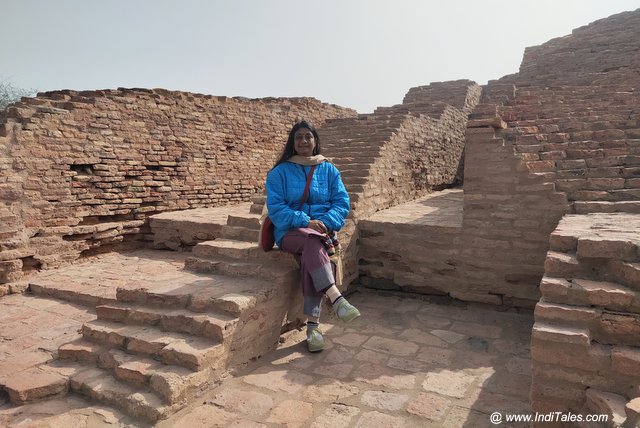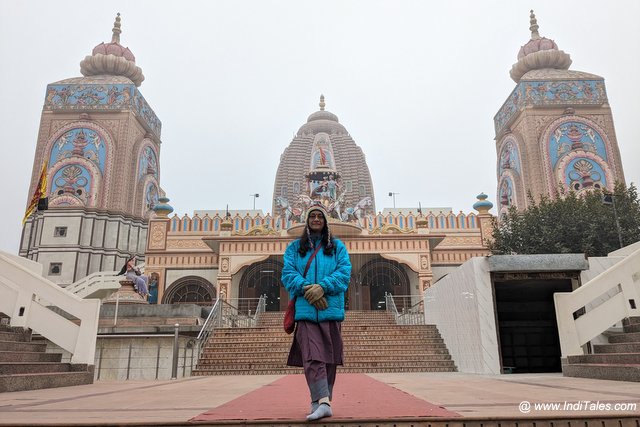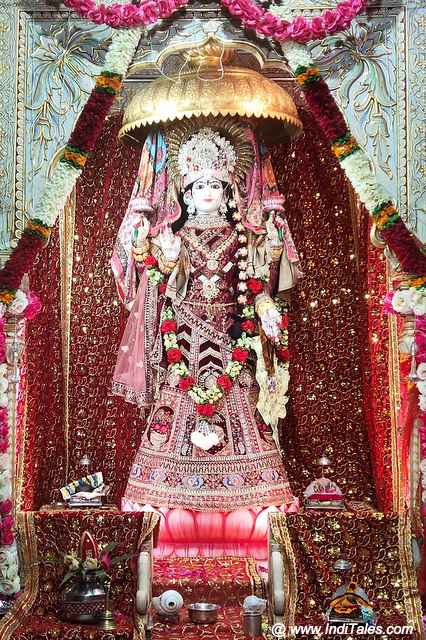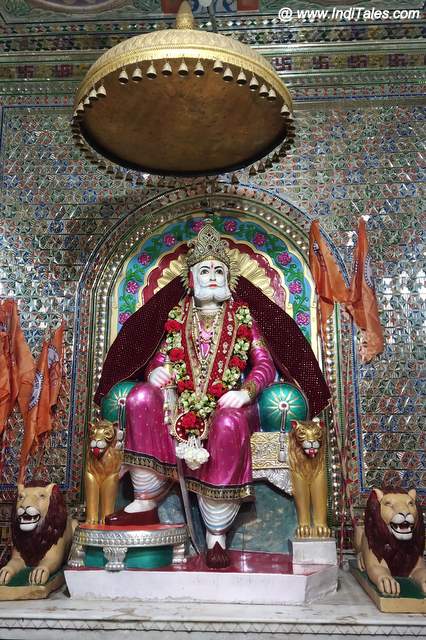Agroha is the place where I would trace my origins to. This is the place where our ancestor Maharaja Agrasen ruled from. However, it took me discovering many historical places in India before I reached Agroha on a cold January evening.
Brief History of Agroha
Maharaja Agrasen was a Kshatriya of Suryavamsha or the solar dynasty. He was the 36th descendant of Sri Ram of Ayodhya through his son Kush. It is also said that he setup his capital in Agroha after the Mahabharat war. His father fought in the Mahabharat war as per the chronicles at Agroha.
Ther or Ancient Mound at Agroha
Agroha falls on the ancient trade route connecting Takshashila and Mathura. No wonder then that the most popular and successful trading community has its roots here.

Spread across 566 acres, this ancient mound that has many brick structures including a fort like formation has remnants from 3-4th BCE and till about 13-14th CE. That is a long period of history. Potteries from Kushan and Gupta period were found from here during excavations.
A Buddhist Stupa belonging to late Kushan or early Gupta period can be seen here. As I walked up and down on the exposed red bricks of this stupa, it reminded me of Nalanda which has very similar though much larger structures.
Adjacent to it is a Hindu Temple. Both these structures are surrounded by narrow cells that may have been meditation cells or dormitories of a monastery.
Agroha Dham
Agroha Dham is spread across in a sprawling 67-acre campus built between 1976-84 CE.

Main attraction is the Trikuta temple with three towering Shikharas. On the top of the temple a large Murti of Sun riding his horses greets you. This depicts the lineage from the Sun or Suryavamsh.
The central temple belongs to Mahalaskhmi who is the Kuldevi of Agarwal community.
Mahalaskhmi
The story goes that Maharaja Agrasen had worshipped Mahalakshmi and she appeared before him. Since then, she became the presiding goddess of the clan.
The vigraha of Mahalakshmi here is with four arms and is in standing position. Her two hands are holding the lotus and other two are in Abhay and Varada mudras that stand for fearlessness and blessings.

Inside the garbhagriha you can see glass paintings of Ram Darbar and Radha Krishna on either side of Mahalakshmi. On the side wall, you see a painting of Maharaja Agrasen praying to Mahalakshmi as she gave him darshan.


The left temple if dedicated to Maharaja…
Click Here to Read the Full Original Article at Inditales…